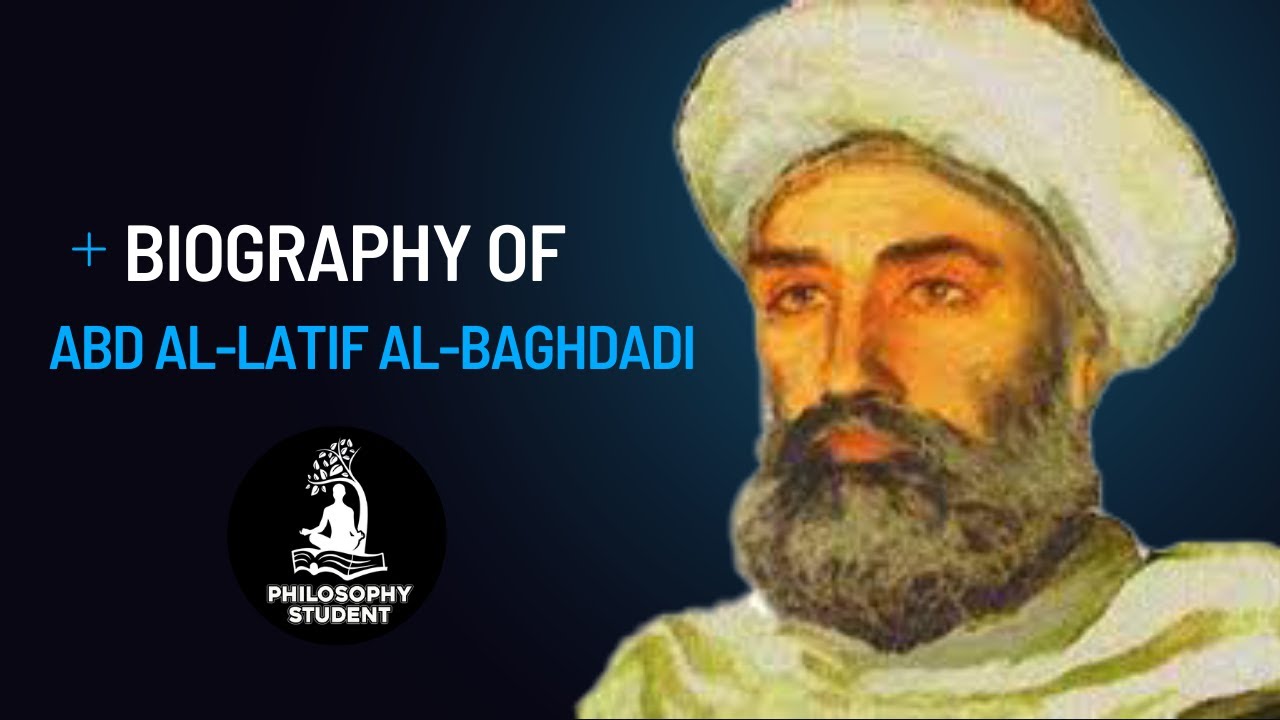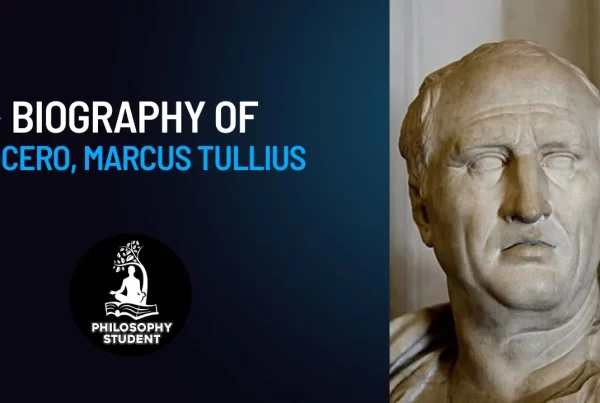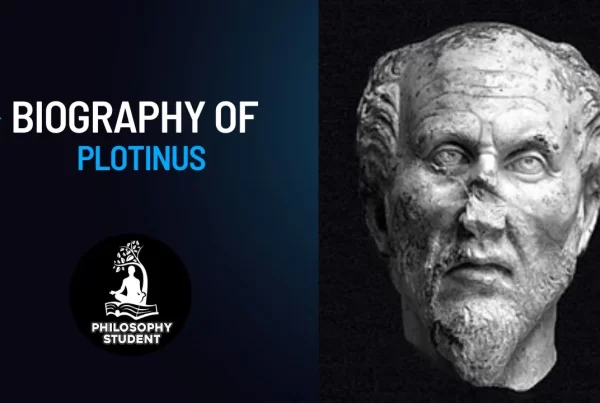Born in Baghdad in 1162, Abd al-Latif al-Baghdadi spent some four decades journeying throughout Iraq, Syria, and Egypt in search of a teacher who could satisfy his thirst for philosophy. He was born into a prosperous family and was extensively educated in medicine, grammar, law, alchemy, and philosophy. He read the works of Avicenna, Abu Hamid al-Ghazali, and Shahab al-Din Yahya ibn Habash al-Suhrawardi. His genius was widely recognized by prominent patrons, including Saladin, the sultan of Egypt. It was in Cairo that Abd al-Latif met Maimonides, the great Sephardic philosopher and became thoroughly acquainted with the works of Aristotle and his major Arabic commentator, Abu Nasr al-Farabi.
Abd al-Latif was a polymath, the product of what some call the “golden age” of Arabic philosophy. He wrote on subjects in archaeology, Egyptology, medicine, and alchemy. His philosophical works include a highly original commentary on Aristotle’s Metaphysics, which is considered a milestone in the Arabic assimilation of classical Greek philosophy. His Kitāb al-Naṣīḥatayn (Book of the Two Pieces of Advice) includes a defense of philosophy, always a critical target of conservative Islam.
Abd al-Latif returned from Cairo to Baghdad in 1229 and died in his native city on November 9, 1231.




































